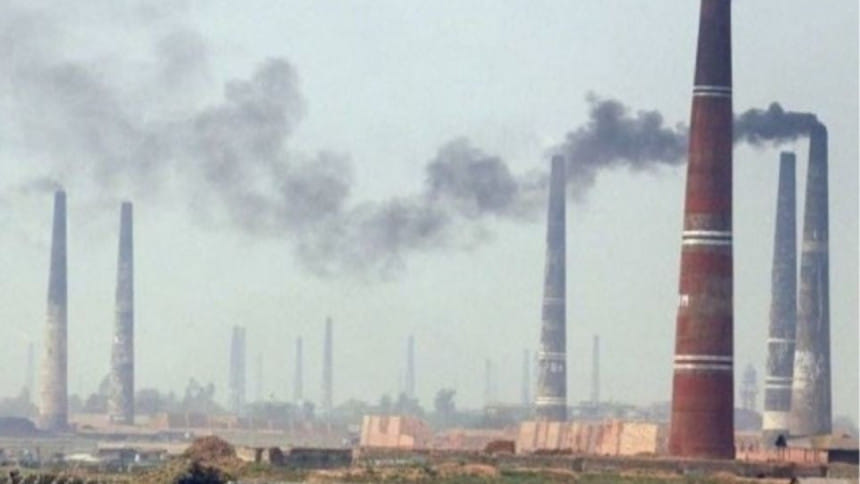Brighter bricks, cleaner air: simple changes in brick kilns bring big benefits

Brick manufacturing is a vital industry in Bangladesh and South Asia, but it is also a major source of harmful air pollution and carbon emissions. These kilns, often powered by coal, contribute significantly to respiratory problems and climate change.
However, a new study led by researchers from Boston University, Stanford, icddr,b, and the Bangladesh University of Engineering and Technology has found a way forward. By providing simple training and support to 276 kiln owners in Bangladesh, the researchers encouraged energy-efficient changes—like better stacking of bricks and using cleaner fuels. These changes led to a 23% drop in energy use and reduced harmful emissions by 20%.
Importantly, 65% of kiln owners adopted these improvements voluntarily—without being forced by law—because they also saved money and improved brick quality. In fact, the social benefits from reduced carbon emissions outweighed the cost of the changes by an incredible 65 to 1.
The success continued into the following year, showing that the improvements were sustainable. If adopted widely, this approach could cut Bangladesh's annual carbon emissions by 2%.
Practical, profit-friendly solutions have the potential to improve industries such as brickmaking, provided that there is an investment in training, support, and the well-being of workers. Achieving cleaner air, healthier populations, and a more robust economy can indeed be complementary goals.

 For all latest news, follow The Daily Star's Google News channel.
For all latest news, follow The Daily Star's Google News channel. 



Comments